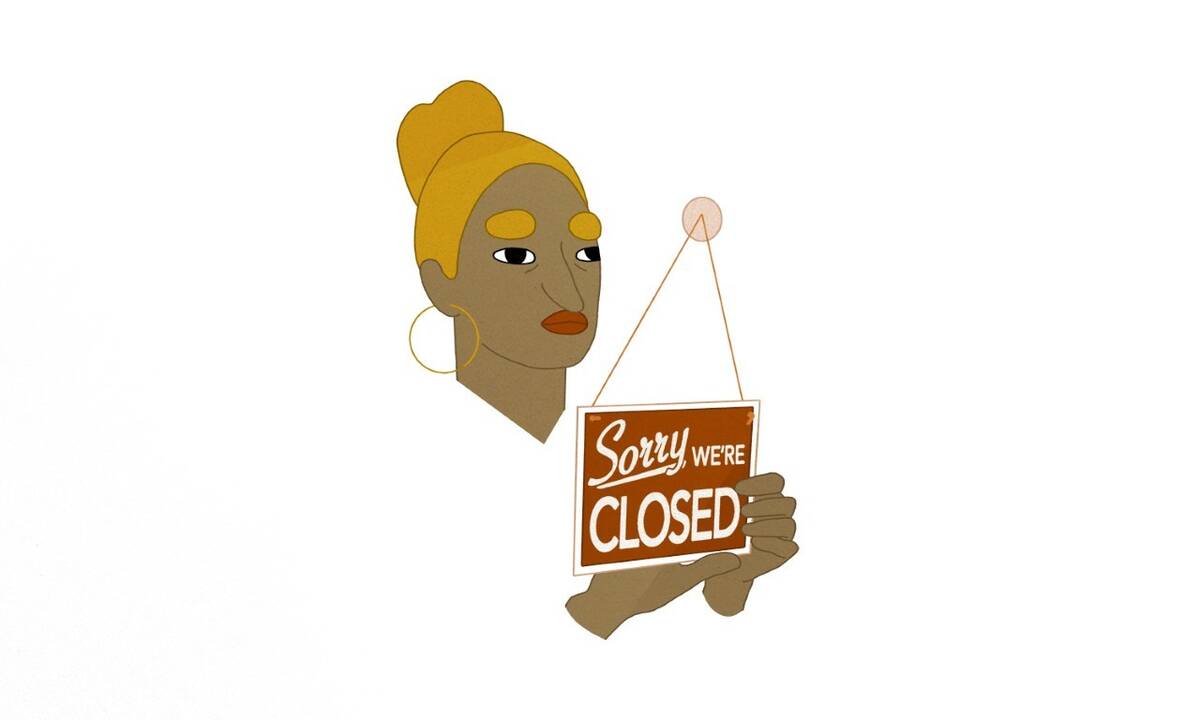Featured Faculty
MUFG Bank Distinguished Professor of International Finance; Professor of Finance; Faculty Director of the EMBA Program

Lisa Röper
Editor’s note: This is part of a series of articles based on Kellogg Executive Education webinars focused on COVID-19.
The coronavirus recession is likely to be long and difficult.
Of course, there’s a chance that effective treatments or vaccines will be discovered in the near future. Perhaps we get lucky and the virus mutates, becoming less deadly. Perhaps tests that detect immunity to the virus can be used to deploy “smart containment” schemes.
But if none of these scenarios materialize, containment policies will likely need to be in place for a year and a half, says Sergio Rebelo, a finance professor at the Kellogg School. That would create a public-health success story by curtailing the spread and mortality rate of COVID-19. But, of course, it will be devastating for the economy.“
That’s a very important message,” Rebelo says. “I know it is hard to listen to it, but it’s a very important message.”
Learn more from Sergio Rebelo in Kellogg Executive Education’s Enterprise Leadership, Merger Week, and Corporate Finance programs.
Accepting that tough news means that businesses should start preparing for the long downturn now, as well as for the happy day when containment measures are lifted and the economy starts humming again.
“We need our businesses to prepare. It’s really important to act early,” Rebelo says. “It’s extremely urgent to do that now.”
Rebelo shared this perspective during a recent webinar presented by Kellogg Executive Education.
He and colleagues recently developed a mathematical model to determine the optimal containment policy that both protects lives and does as little damage to the economy as possible—which is where the 18-month time frame comes from. (You can read more about that research here.)
Then, based on that projected duration, he offered advice for companies staring down this long recession.
For example, businesses need to quickly start lowering any fixed costs they possibly can. “The sooner you start the renegotiation of fixed costs, the better off we’re all going to be,” he says. Say your business rents its space; you could try to get your landlord to make rent payments a percentage of sales. That way, when sales are low, your business reduces costs, but when sales rebound, your landlord gets their fair share of the profit.
Rebelo also encourages companies to avoid layoffs if remotely possible. Employees, who presumably have been invested in over the years and are truly good fits for a company, are very valuable assets. Laying them off and then having to rehire is a long process that causes companies to lose time once a recession ends and production can ramp back up. Companies that are able to retain their workers can hit the ground running.
Rebelo points to a government program in Germany as the gold standard of public policy for retaining workers. The program, called kurzarbeit or “short work,” lets companies reduce workers’ hours, and thus pay, substantially. But the government steps in and pays up to 60 percent of worker salaries. Then, when the recession ends, “they have the workers and are ready to start producing again,” he says.
Of course, retaining workers is much harder in the U.S. where such programs don’t exist. But he tells business leaders, “to the extent that reducing hours is a solution, that’s much better than laying off employees.”
Companies need to also focus on building social capital with customers during the crisis.
Rebelo uses a story from Madeira, an island off his native Portugal (whose wine he also vouches for). After an earthquake, the water system there was contaminated. Two supermarkets took very different approaches to selling bottled water. One hiked up prices as demand rose and supply fell. The other kept prices the same and even chartered a boat from Lisbon to bring in more cases of water.
This action was very costly for the second store. But when drinking water was restored on the island, customers flocked to that store, remembering how it had treated them.
The first store “revealed that in a moment of need, they were willing to exploit their customers,” Rebelo says. “We really show what we’re made of at a moment of crisis.”
(You can see previous articles from this series here. Rebelo’s webinar is not being archived online because this is such a fast-moving subject and the information may be quickly outdated.)